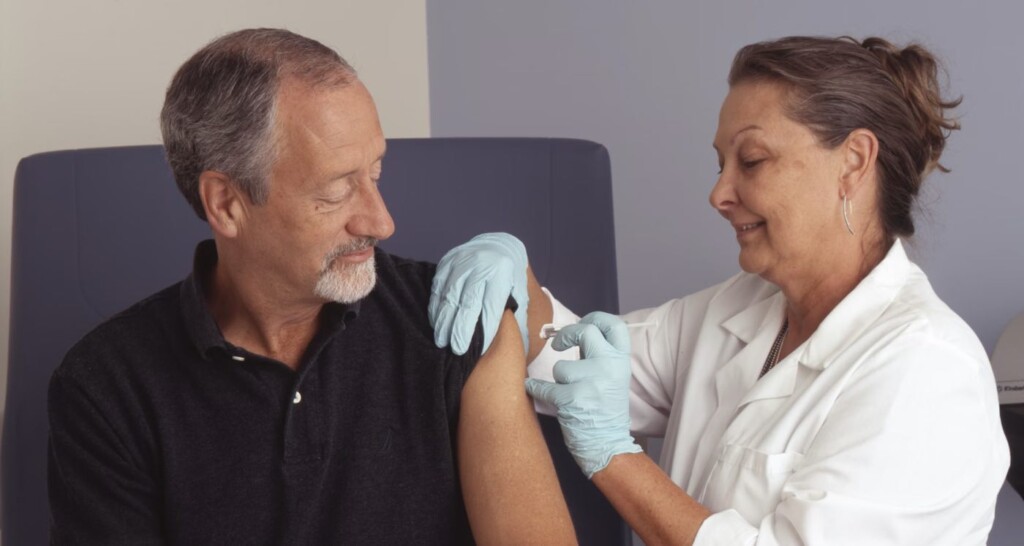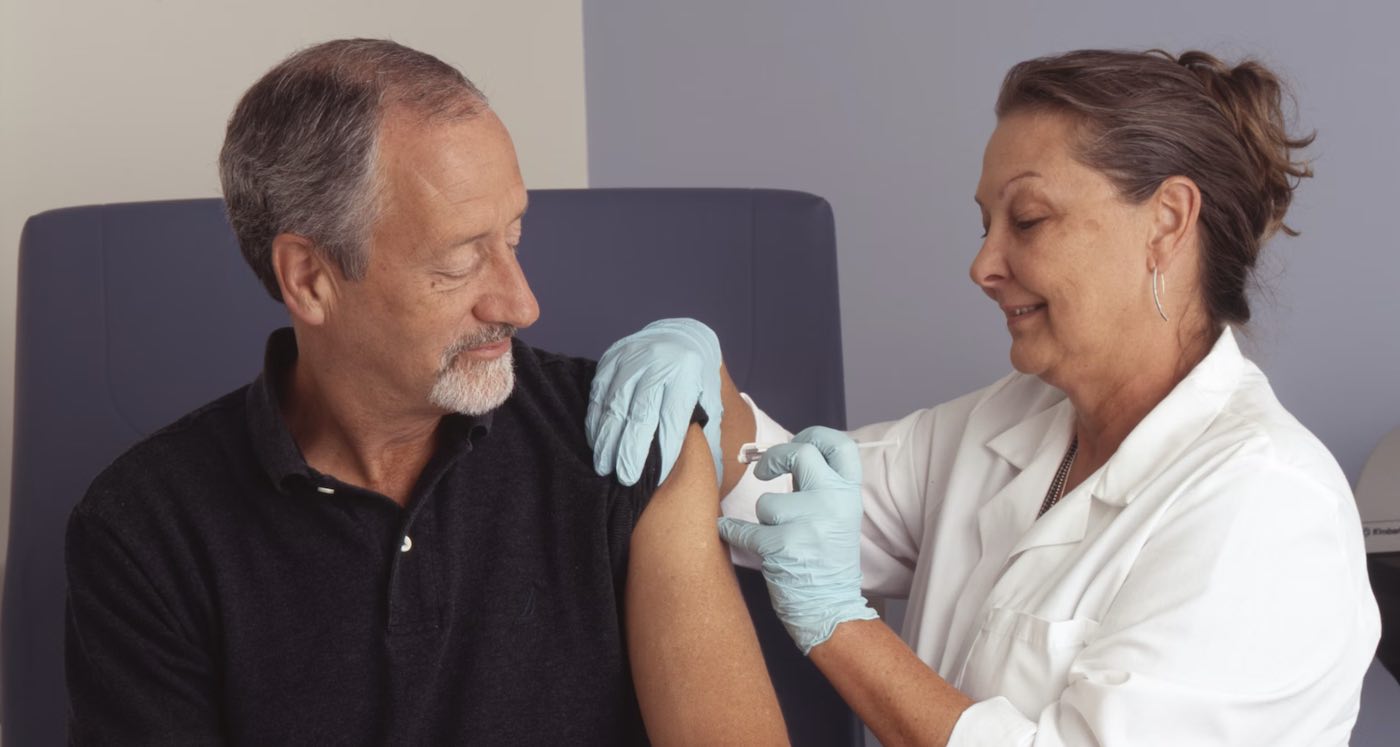
Two new treatment options for aggressive prostate cancer have shown promise in a major clinical trial that demonstrated improved survival odds.
Both of the treatments for men with recurrent prostate cancer helped patients live longer than the current standard treatment without their disease progressing.
“If these treatments are approved by the Food and Drug Administration, our results will be practice changing,” said Stephen Freedland, MD, a prostate cancer researcher at Cedars-Sinai, and lead author of the study. “Both of these new options improved metastasis-free survival while preserving quality of life.”
The results of the Phase III international study led by Cedars-Sinai Cancer investigators were published this week in the New England Journal of Medicine.
Cancer of the prostate, a walnut-sized gland that helps make semen, is not always a deadly diagnosis. For some, treatment may never be needed because they have a slow-growing form of the disease, but those with more aggressive prostate cancer are often first treated with surgery or radiation therapy.
Unfortunately, in about a third of those patients, the cancer recurs within 10 years.
Patients with aggressive recurrence are treated with a hormone therapy called androgen deprivation therapy (ADT), which reduces the patient’s production of the male sex hormone testosterone, which aids in the growth and spread of prostate cancer cells—as the hormone therapy effectively reduces the growth-stimulating effects.
But ADT has two downsides: It doesn’t completely eliminate testosterone, and it can cause many side effects.
“When you go on ADT, the testosterone level in the blood is reduced, but not completely eliminated,” Freedland said. “And the concern is that the testosterone that remains may still be enough to stimulate tumor growth. Also, patients don’t love the idea of being on hormones.”
In this study of 1,068 prostate cancer patients from 244 sites in 17 countries, Freedland and fellow investigators tested two experimental interventions—one to address each of these issues.
MORE PROSTATE GOOD NEWS: Large Dose of Iron Could be Used to Kill Off Drug-Resistant Prostate Cancer, Scientists Believe
In the randomized clinical trial, one-third of the patients received ADT plus a medication called enzalutamide, which blocks the effects of testosterone. Enzalutamide keeps any testosterone remaining in the blood from stimulating the growth of cancer cells.
Another third of the patients received enzalutamide alone. This option relied on the medication to block the effects of testosterone even though testosterone levels in the patients’ blood were not reduced.
“We wanted to see whether enzalutamide on its own was so effective that we didn’t need the ADT,” Freedland said.
The final group of patients received ADT alone, which is the current standard treatment.
Investigators found that the combination of ADT plus enzalutamide reduced the risk of metastasis or death by 58% over ADT alone. They found that enzalutamide alone reduced the risk of metastasis or death by 37% over ADT alone. Both treatments maintained quality of life relative to the ADT alone.
TASTY PREVENTION: Men Free of Prostate Cancer Had Guts Fortified By Microbes Found in Yogurt
“While the combination therapy offers greater risk reduction, some men might prefer enzalutamide alone. It does a good job of preventing cancer spread or death, with different side effects that may be more acceptable for some men,” Freedland said.
The next step is for the makers of enzalutamide to apply for FDA approval, so the experimental therapy can come into wide use, Freedland said. The study was funded by Pfizer and Astellas Pharma, the co-developers of enzalutamide.
SHARE Some Good News (for a Change) With Friends on Social Media…




















